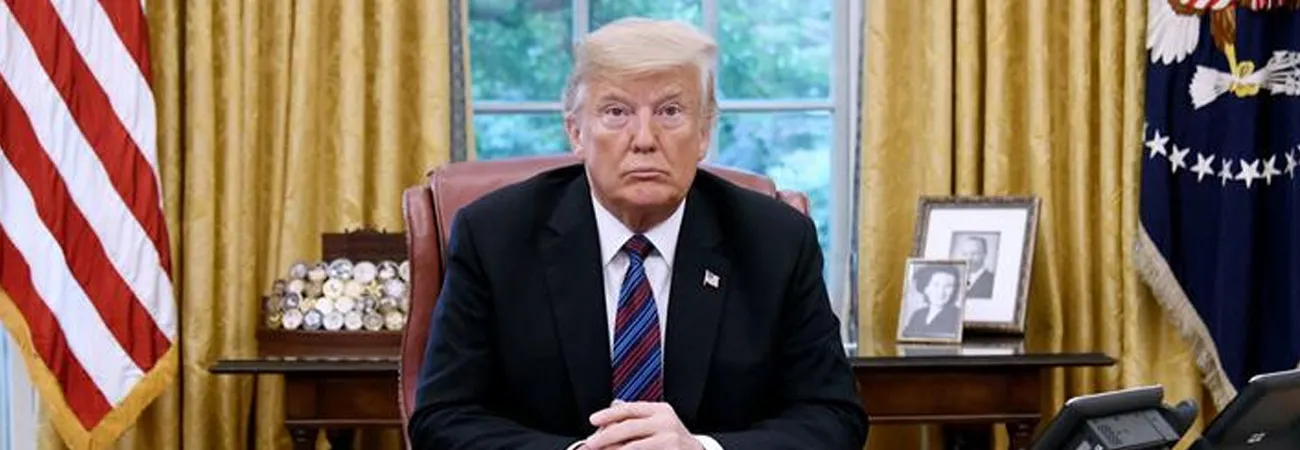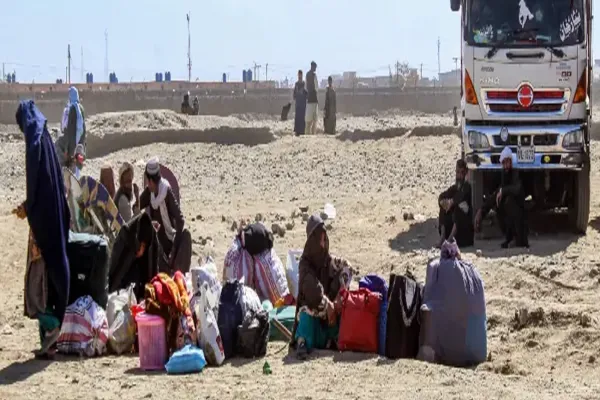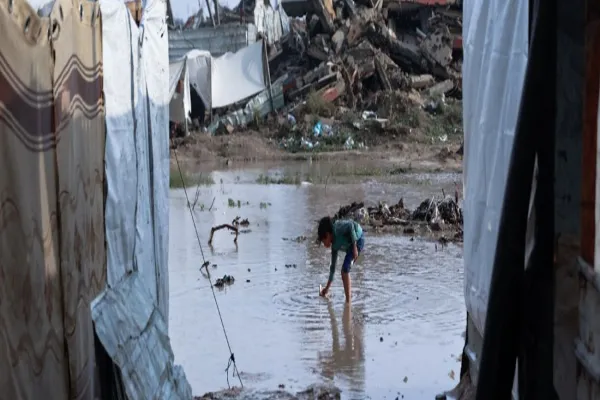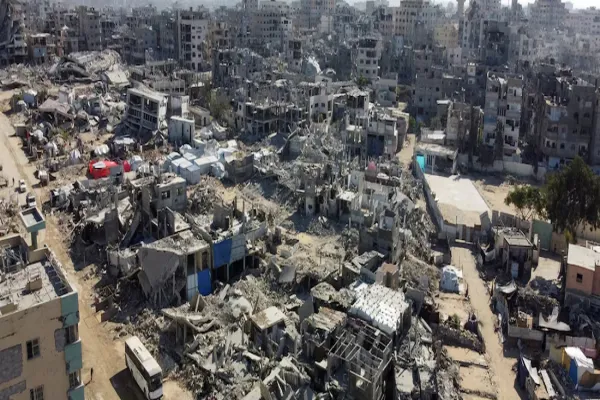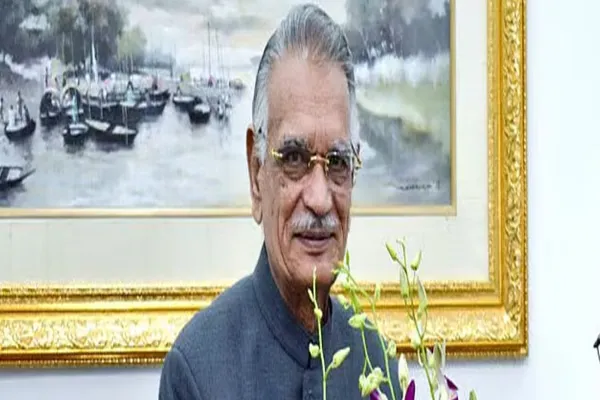i NEWS INTERNATIONAL
US President Donald Trump has said that he had prior knowledge of Israel’s air raids on Iran, stressing that Tehran “cannot have a nuclear bomb” and voicing optimism about reviving diplomatic talks.His remarks came in the wake of a large-scale Israeli offensive overnight, which targeted around 100 locations across Iran, including nuclear and military installations. Israeli Prime Minister Benjamin Netanyahu confirmed that the Natanz nuclear facility was among the sites struck.
Iranian media reported the deaths of key military figures, including Revolutionary Guards leader Hossein Salami and Armed Forces Chief of Staff Mohammad Bagheri. Responding to the strikes, Iran’s Supreme Leader Ayatollah Ali Khamenei condemned the Israeli operation as a “crime” carried out by “satanic, bloodstained hands.” He warned that Israel should expect “a severe punishment” and that “the powerful arm of the Islamic Republic’s Armed Forces won’t let them go unpunished.”
“The Zionist regime has prepared for itself a bitter, painful fate,” Khamenei added, signaling a likely intensification of hostilities. As the region braces for possible Iranian retaliation, global powers watch closely, urging restraint while preparing for all contingencies in an increasingly volatile Middle East. However, Trump said that “Iran cannot have a nuclear bomb" and that the US was hoping to get back to the negotiating table. He also emphasised US' readiness to defend itself and Israel in the event of Iranian retaliation.
While the Trump administration reportedly informed a key Middle Eastern ally ahead of the strikes, it reiterated that the US was not directly involved. Secretary of State Marco Rubio echoed this stance, stating, “We are not involved in strikes against Iran and our top priority is protecting American forces in the region.” He added a stern warning: “Iran should not target US interests or personnel.” Trump is set to convene a National Security Council meeting on Friday morning to discuss the unfolding situation.
Responding to the strikes, Iran’s Supreme Leader Ayatollah Ali Khamenei condemned the Israeli operation as a “crime” carried out by “satanic, bloodstained hands.” He warned that Israel should expect “a severe punishment” and that “the powerful arm of the Islamic Republic’s Armed Forces won’t let them go unpunished.” “The Zionist regime has prepared for itself a bitter, painful fate,” Khamenei added, signaling a likely intensification of hostilities.
As the region braces for possible Iranian retaliation, global powers watch closely, urging restraint while preparing for all contingencies in an increasingly volatile Middle East. Across the Atlantic, Britain distanced itself from the strikes and any protective measures for Israel against possible Iranian retaliation. The defence editor of The Times reported on social media that Britain will not protect Israel following the recent Israeli air raids.
In contrast to its limited involvement last October — when British jets helped prevent escalation after Iranian missile attacks on Israel — London has maintained a hands-off stance this time. Prime Minister Keir Starmer has urged both Israel and Iran to exercise restraint and return to diplomatic dialogue. Neither Britain’s Foreign Office nor Ministry of Defence have commented on any potential role in the current crisis, leaving the country’s exact position ambiguous but cautious.
Credit: Independent News Pakistan (INP)



